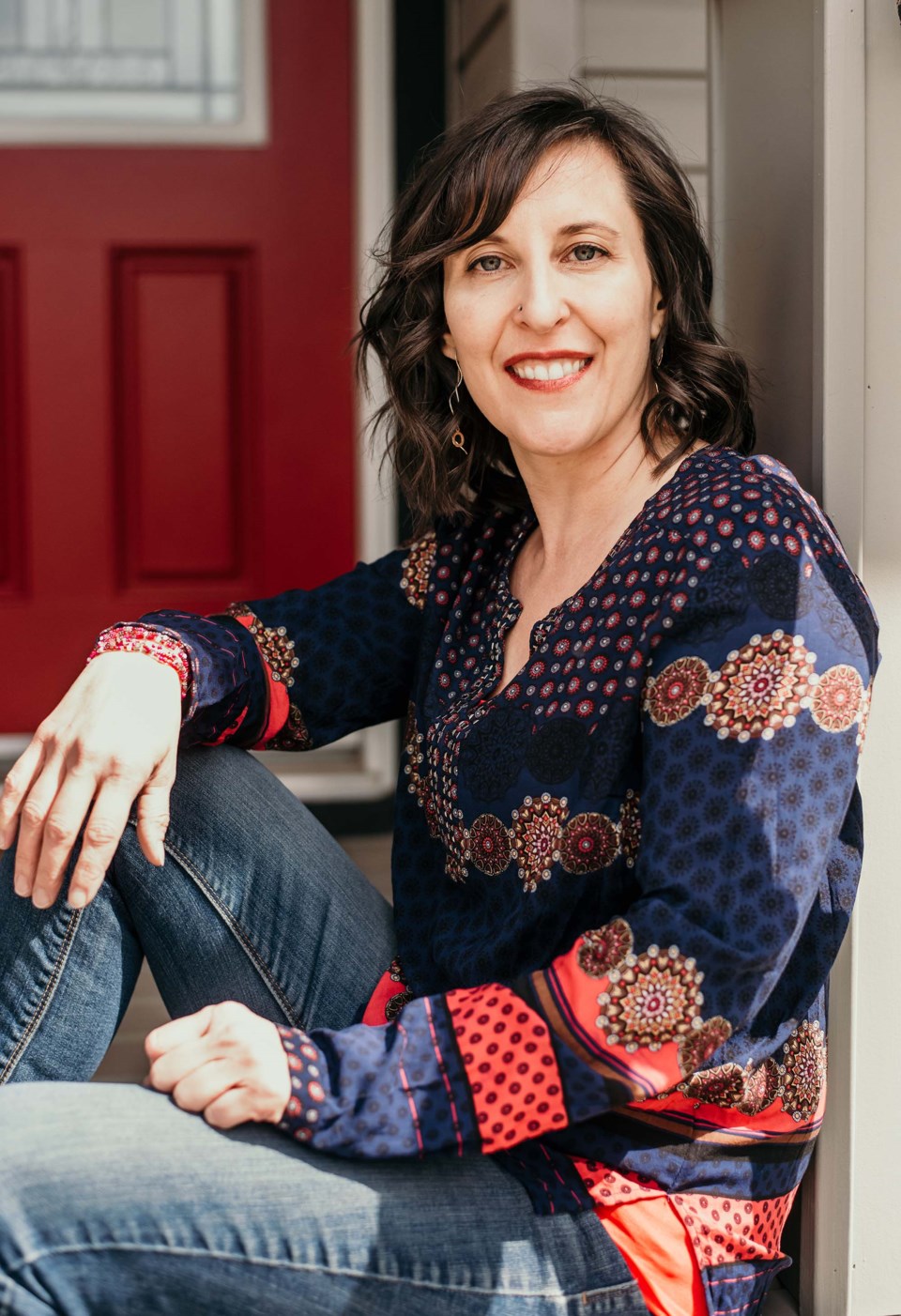Kristeen Britton, a Canadian Certified Counsellor at Rivers Edge Counselling, said she expects people will experience their own unique blend of emotions related to the recent lifting of public-health restrictions.
“Anxiety, relief, excitement, frustration, or anger. This will largely depend on the personal experiences the pandemic [has] brought,” she said.
As of March 1, most COVID-19-related public-health restrictions in Alberta have been lifted, but there may be some people who feel trepidation at the thought of transitioning out of the pandemic phase.
At the height of the Omicron wave in January, the Centre for Addiction and Mental Health released results of a survey that showed Canadians were feeling a heightened level of depression, anxiety, and loneliness similar to the levels the organization reported in the spring of 2020.
In an interview at the end of January, Britton said she wasn’t surprised the results showed a resurgence in depression and anxiety because of the combination of hope being taken away and people being worn down from the pandemic at that point in time.
Since the survey, the pandemic has changed considerably, but people may still be feeling anxious.
Britton said she believes the survey would look different now compared to what it was in mid-January.
“Traditionally, mid-January is a difficult time in Alberta anyway because the holiday season has ended, cold weather continues, and money is tighter for a lot of people. So, the pandemic [and its restrictions was another factor on top of that,” she said.
She said with the lifting of restrictions she is expecting some people to feel relief and others to be feeling an increase in fear.
“I wouldn’t be surprised if anxiety levels increase for some people who have grown accustomed to the safety measures in place. Everyone has a different comfort level,” she said.
Britton said she thinks the end of the Omicron wave feels different for a lot of people.
“Many of us who hadn’t had COVID tested positive in this last wave, and that brought a lot of mixed reactions — everything from relief to frustration,” she said.
She expects people will experience more hope as this wave levels off, but she is hesitant.
“I think we’ve also become a little afraid to be too hopeful. I also expect some populations — including health-care workers, teachers, and parents — might be feeling some lingering fear of the potential impact of lifted restrictions, and additional fatigue and burnout that will likely be a concern for some time,” she said.
When it comes to isolation, Britton said people have an incredible ability to adapt to the circumstances they are surrounded by.
When we weren't allowed to go out and see family or go to the gym, we adapted. We ordered food, we Facetimed our friends and families, we worked out online.
She said natural isolation has been involved during the pandemic and we haven’t necessarily taken the time to think about what we can do and how we can interact with people because we have adapted to a life without those things.
“[I’m] spending a lot of time right now talking to clients about how you can go out of your house, you can do things, and maybe you need to remind yourself there are things I can do,” she said.
Britton said it is important for people to go out, as we are built for connection.
“We need physical, the physical presence of other people, really just mentally and emotionally. We just really, really need that,” she said.
Britton said it doesn’t need to be close personal contact, either.
“Even just feeling like you’re a part of a greater community and a larger society that is hugely impactful for our mental health,” she said.
Britton said it is important for people to feel that sense of, “I don’t have to be holed up in my house anymore. I can go out and do things.”
The transition period can be difficult. Britton said it is like re-learning. She said many of us have adapted to not having any control.
There are, however, ways we can manage.
We can ask ourselves what we can control.
"I can control what happens in my own house and I can control what kind of food I'll order in and what we watch tonight on TV. There's comfort in that. There are things outside of our control, for sure, but there are also things we can control now that we couldn't control two years ago," she said.
In an email, Britton said the first step to managing our individual emotional response is to simply allow and accept whatever arises.
“It’s very reasonable to feel multiple ways at the same time when faced with such a new global and personal experience,” she said.
Britton suggests focusing on the basics, like eating well, sleeping well, moving the body, and connecting with others.
“And be kind to yourself,” she adds




